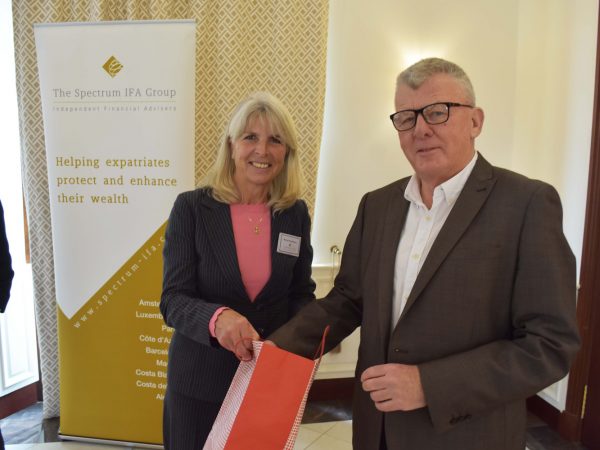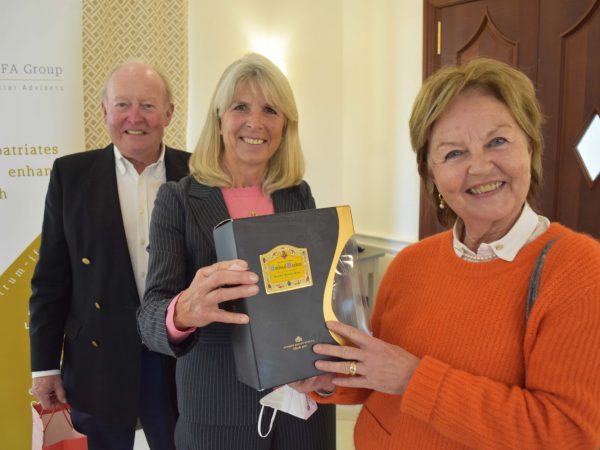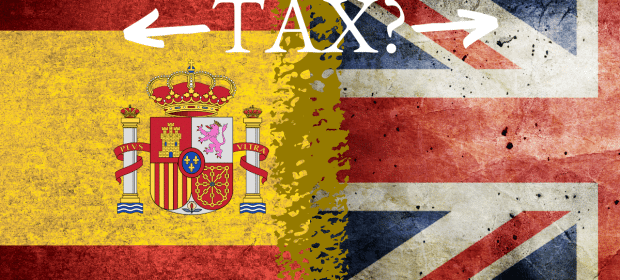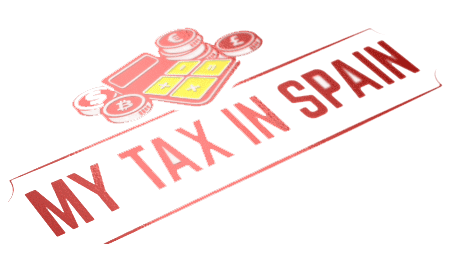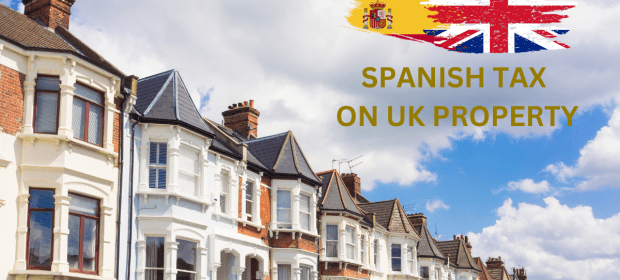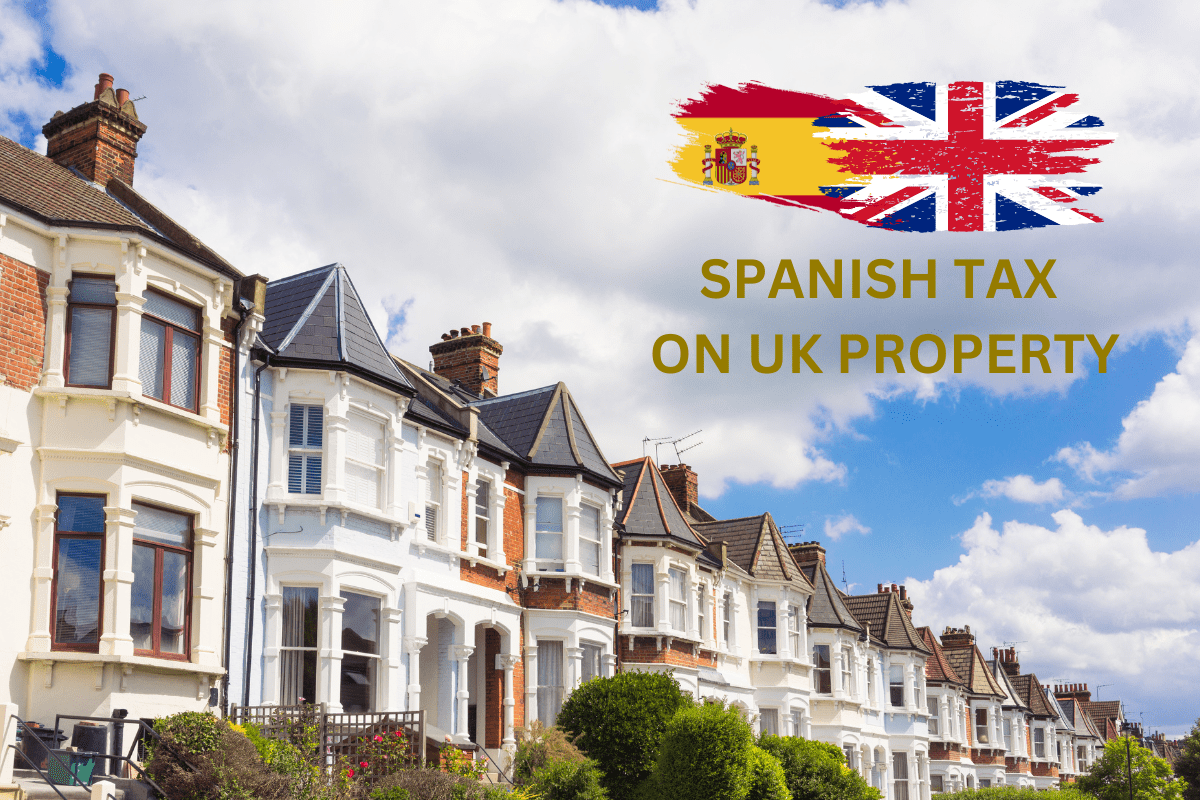All of these factors have meant that the cost of living for all households is increasing at an alarming rate, inflation is with us again, having been dormant for quiet a while. The one that has really hit most people here in Spain is the increasing cost of Electricity. In December the cost rose from its lowest point by almost 500%, something I have no living memory of happening before. For many people, that is creating a huge dent in their disposable income each month.
Most people I deal with are retired or semi-retired, with their income generated by drawing down from their pensions, and then normally substituting it with drawdowns from Investment Portfolios and cash savings. At this stage of their lives, I believe in most circumstances fear tends to be the driving factor behind their Investment decisions, as protecting the money far outweighs trying to get too high a return each year. That makes perfect sense as income streams during retirement have typically ceased, so the ‘pot’ needs to be looked after carefully. Making plans for how long your funds will last is easy to a degree, when the cost of living simply increases a little each year, but now, with the way things are, the plans that previously seemed sensible will certainly need a bit of a shake up.
If interest rates rise as predicted, then maybe people will be able to look for their cash in the bank to increase in value by earning some interest, but that is something none of us can predict at the moment. If inflation continues at today’s current levels, many people will either have to change their lifestyle, or look to try and increase the annual return on their savings, but by doing that, it typically involves taking more risk, which is completely against where people normally want to be at this stage of their lives.
With the changes we are seeing with outgoings, Investment returns, interest rates and inflation, it has never been more important to spend time regularly looking at financial plans, and adjusting assumptions to make sure you have a realistic handle of how things will look going forward. It’s not rocket science, and I am here to help if you find it all a little daunting, so please free to get in touch via the form below or please email: jeremy.ferguson@spectrum-ifa.com








